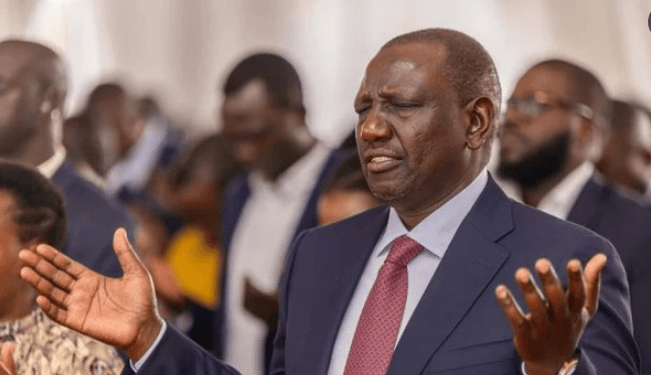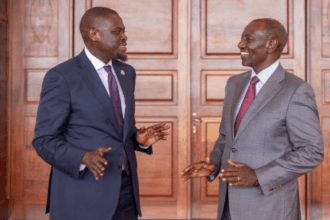
The High Court has issued a conservatory order halting the construction of a permanent church within the precincts of State House, Nairobi, and other State Lodges. In a ruling delivered on Tuesday 26th August 2025, Justice E.C. Mwita barred President William Ruto’s administration from proceeding with the project until a constitutional petition challenging the move is determined.
Background of the Case
The petition was filed by Transparency International Kenya, the Kenya Human Rights Commission, and two other entities against the Katiba Institute and the State Law Office. The petitioners argue that the plan to construct a religious facility within State House grounds raises serious constitutional concerns and particularly regarding the separation of State and religion.
Court’s Observations and Orders
Justice Mwita acknowledged the weight of the issues raised in the petition saying,
I am satisfied that the application and petition raise fundamental constitutional and legal questions touching on State and religion which require urgent investigation and further consideration by the court,
Justice E.C MwitaAs a result, the court issued the following directives:
- Conservatory order issued: The government and its agents are restrained from constructing a permanent church or any religious building within State House, Nairobi, or any other State House or State Lodge.
- Timeline: The order is effective until 18th November 2025, when the matter will next be mentioned in court.
Legal process:
- All pleadings must be served on the involved parties immediately.
- Respondents are to file responses within seven days of being served.
- Petitioners then have seven days to file supplementary affidavits and submissions.
- Respondents and interested parties are given an equal timeline to respond.
Next Court Mention Date
The matter has been scheduled for mention on 18th November 2025, during which the court will hear highlighted submissions from all parties. The ruling also carried a penal notice that said any disobedience or non-observance of the order the court served will result to serious consequences for any party that violates the order.
Conclusion
This case is poised to be a landmark ruling on the intersection of religion and governance in Kenya. It highlights growing legal scrutiny over how state resources and institutions intersect with religious activities—raising crucial questions about constitutional adherence and the role of public institutions in a secular state.





